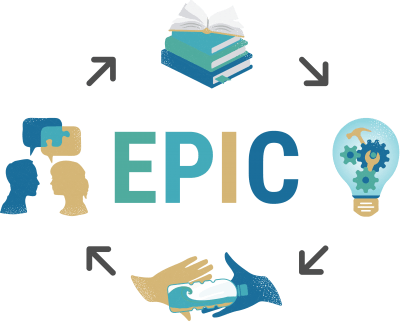

We are doing some updates on our site, and we need to be offline for an undetermined period of time. Thank you, for your understanding.
Check us out on social media or our main website: https://oceanlegacy.ca

Send us a message and we will get back to you asap!